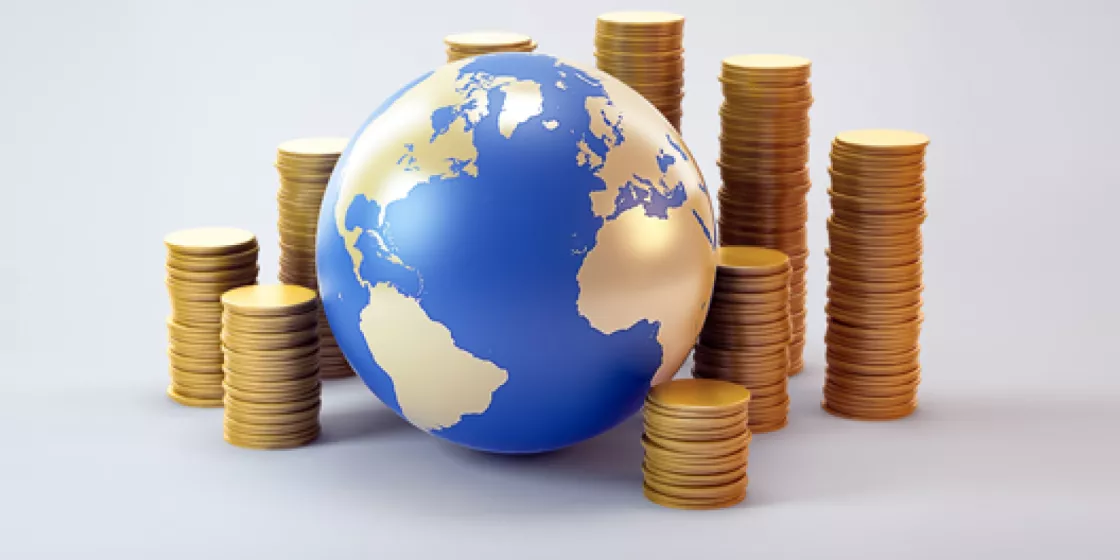
© Mopic | Fotolia
Climate and Sustainable Finance
Sustainable finance or green finance is the set of financial regulations, standards, norms and products that pursue an environmental objective, and in particular to facilitate the energy transition.

© Mopic | Fotolia
Sustainable finance or green finance is the set of financial regulations, standards, norms and products that pursue an environmental objective, and in particular to facilitate the energy transition.